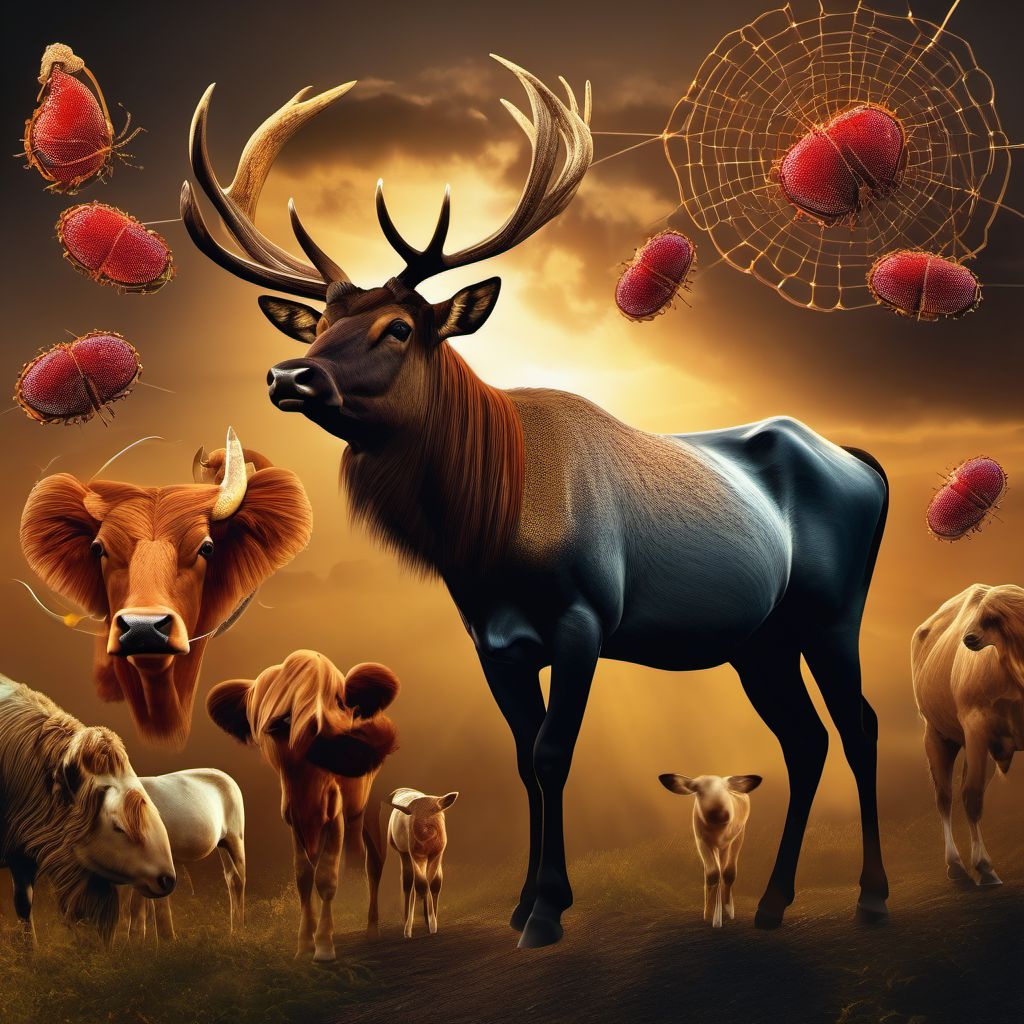
Understanding Brucellosis: Causes, Symptoms and Treatment
Brucellosis is a bacterial infection that affects both humans and animals. It is caused by the Brucella bacteria and is often spread through contact with infected animals or their products such as milk, meat or urine. The infection can also be transmitted through inhalation or ingestion of contaminated air or food.
Causes of Brucellosis
The Brucella bacteria that cause brucellosis are mainly found in animals such as goats, cows, sheep, pigs and dogs. Humans can get infected by coming into contact with these animals or their products. In some cases, the infection can also be transmitted through consuming raw or unpasteurized dairy products. People who work in close proximity with these animals, such as farmers, veterinarians, and slaughterhouse workers, are at a higher risk of contracting the disease.
Symptoms of Brucellosis
The symptoms of brucellosis can vary from person to person and can range from mild to severe. Some common symptoms include fever, chills, sweating, fatigue, headache, joint pain, muscle pain, and loss of appetite. The symptoms can last for several weeks or even months if left untreated. In some cases, the infection can also cause more serious complications such as meningitis, endocarditis, or arthritis.
Treatment of Brucellosis
Brucellosis is usually treated with a combination of antibiotics such as doxycycline and rifampin. The treatment can last for several weeks or even months depending on the severity of the infection. In addition to antibiotics, patients may also be given pain relievers and anti-inflammatory drugs to manage the symptoms. It is important to complete the entire course of antibiotics even if the symptoms disappear to ensure that the infection is completely eradicated.
Preventing Brucellosis
- Avoid consuming raw or unpasteurized dairy products.
- Wash hands thoroughly after handling animals or their products.
- Wear protective clothing such as gloves and masks when working with animals.
- Ensure that animals are tested and treated for brucellosis before they are brought into contact with humans.
In conclusion, brucellosis is a serious bacterial infection that can affect both humans and animals. Early detection and treatment are crucial to prevent the spread of the disease and to avoid complications. By taking preventive measures such as avoiding raw dairy products and wearing protective clothing when working with animals, we can reduce our risk of contracting this infection.